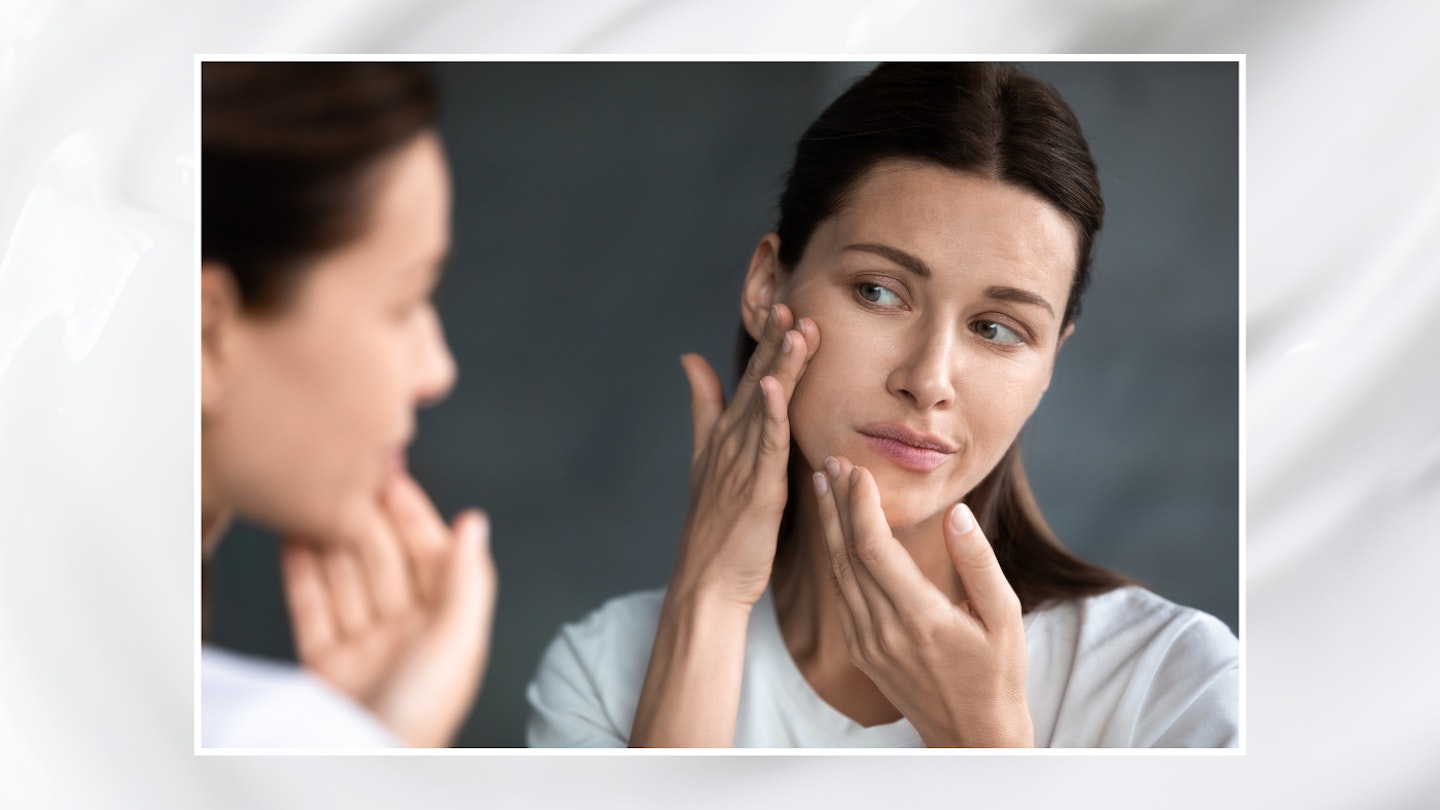It’s the million-dollar question we’re all desperate to know the answer to – how to get rid of whiteheads. One of our biggest nemeses, the little white spots are one of the most common types of pimple. However, knowing how best to treat them, whether with one of the best face serums or an exfoliating ingredient such as salicylic or azelaic acid, can be overwhelming, to say the least.
We’ve teamed up with Dr Mary Sommerlad, Consultant Dermatologist at L’Oréal, to get expert advice on how best to prevent and get rid of whiteheads, and to get the clear skin we all dream of having.
Why do we get whiteheads?
To understand why we get whiteheads, first, we need to discuss the different types of whiteheads that you can get. Luckily Dr Sommerlad is here to reveal all.
“There are two types of whiteheads. The first is the closed comedone which is part of acne. This is the type of whitehead you are probably more familiar with. It develops when a build-up of oil and dead skin cells become trapped within one of your pores. Since whiteheads are closed off from oxygen, the trapped sebum appears as small, white or yellow bumps. Closed comedones are best treated with acne management including prescription treatments,” explains Dr Sommerlad.
“The second is Milia. These are not comedones and are not related to acne. Instead, they are keratin (a protein made by the skin) trapped in the skin. Milia usually go away on their own provided you aren’t using physical exfoliation or very heavy leave-on products that don’t suit your skin. They can occur due to using very heavy serums, eye creams, sunscreens and moisturisers.”
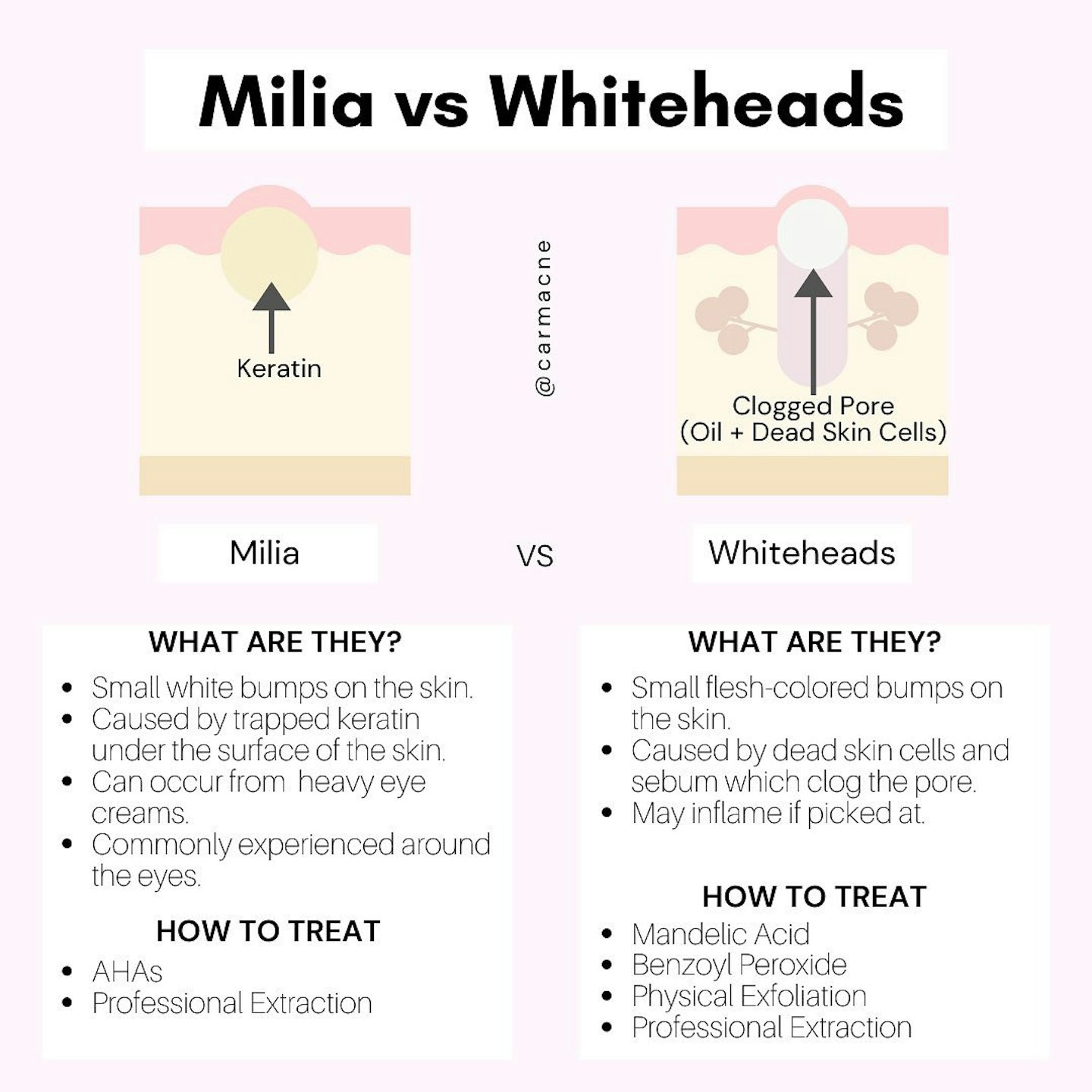
Whiteheads in different areas – what do they mean?
Closed comedone whiteheads usually appear in your T-Zone area, your forehead, nose and chin, where skin tends to be oilier and along your jawline where bacteria from our hands is often transferred. However, they can appear anywhere. Dr Sommerlad explains that “milia usually appear where the skin is quite thin. Particularly around the eyes.”
What is the best skincare routine for whiteheads?
A consistent skincare routine is key for happy and healthy skin, including keep pesky whiteheads at bay. Depending which type of whitehead you’re tackling, your routine can be tailored to specifically help target the spots.
“For milia, avoid heavy leave-on products,” recommends Dr Sommerlad. “For acne, use skincare specifically formulated for acne-prone or blemish-prone skin and for persistent problems with whiteheads see a trained Consultant Dermatologist as you may need prescription medication. Topical retinoids at night can help with both closed comedones and milia.”
SHOP: the best skincare buys for tackling whiteheads
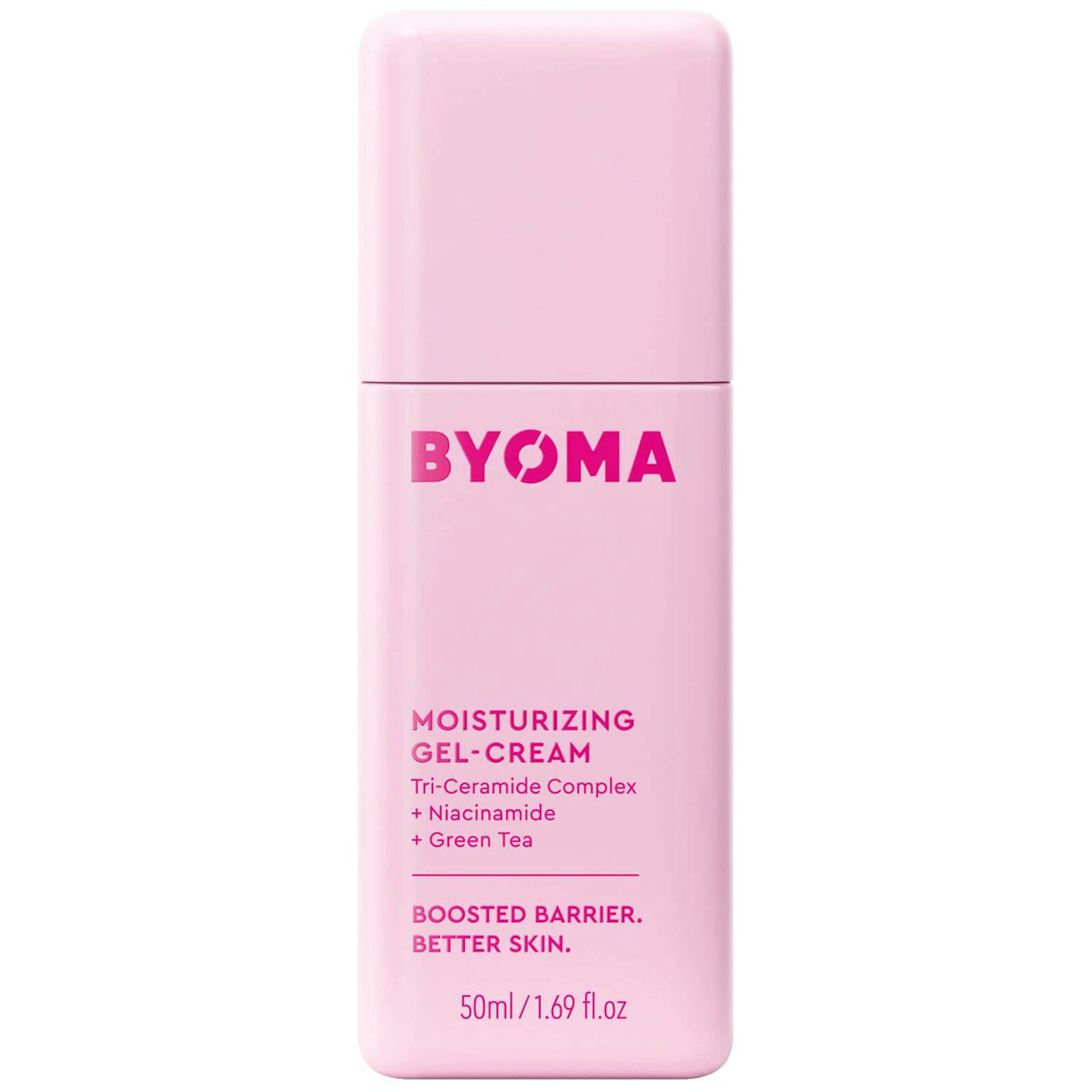
An oil-free gel cream is a great option for both types of whiteheads as it won't clog pores. This moisturiser has a lovely lightweight texture which provides thirsty skin with a surge of hydration, while a concoction of antioxidant-rich ingredients works to reduce redness and calm inflammation.
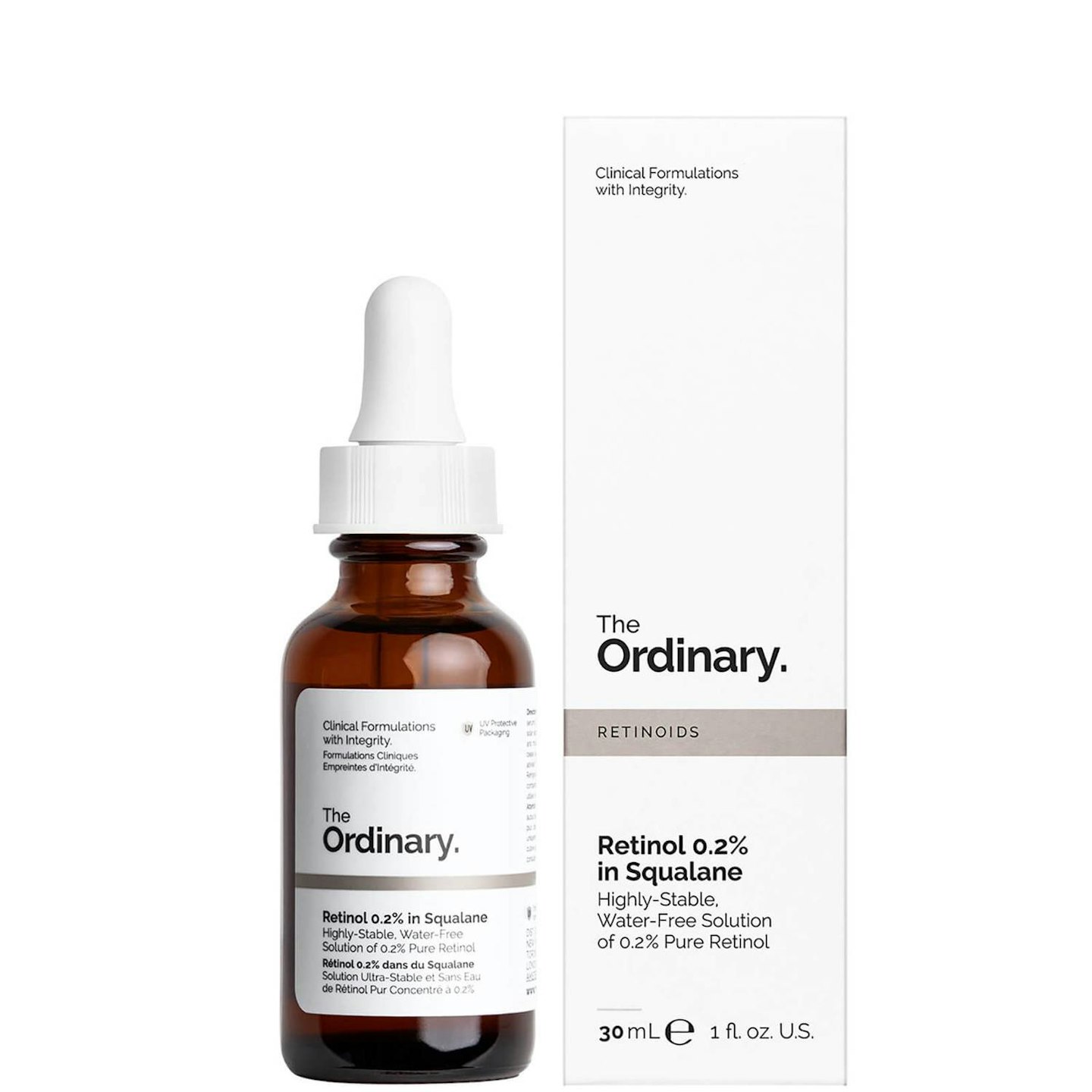
www.lookfantastic.com
This is a great retinol for beginners, as it contains a relatively low 0.2% concentration of retinol. Thanks to the inclusion of squalene it also keeps your complexion plumped with hydration. Apply a small amount to your face as part of your evening skincare routine before your nighttime moisturiser.
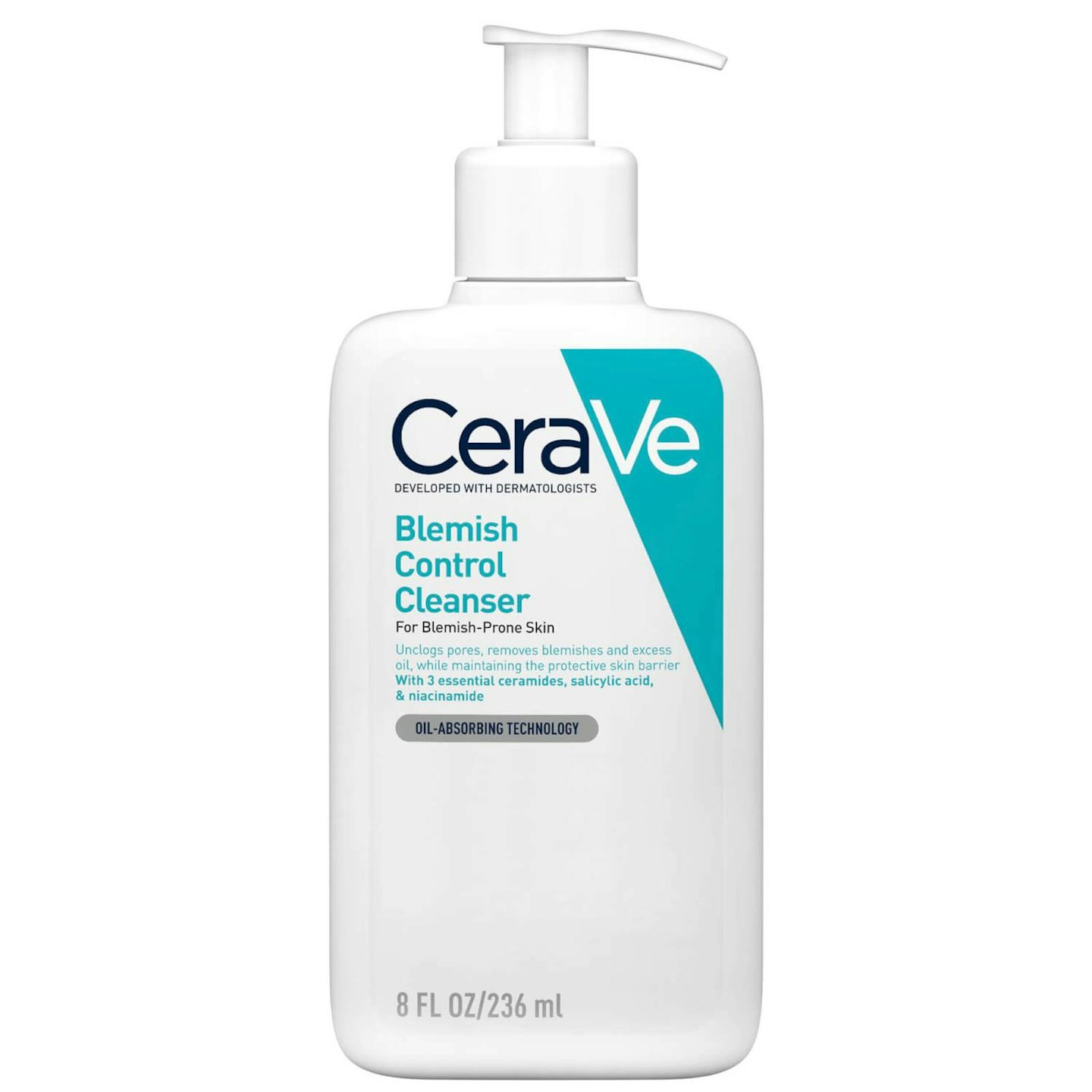
www.lookfantastic.com
This gentle gel-to-foam cleanser is a great way to help clear and prevent closed comedone whiteheads, thanks to a clarifying combination of salicylic acid and niacinamide. It thoroughly cleanses the skin of make-up and impurities while keeping the skin barrier protected.
How to prevent whiteheads
We are all ears when it comes to taking steps in our skincare to prevent whiteheads from appearing. Dr Sommerlad tells us “Avoid heavy or occlusive skincare. Usually, these are creams that say things like ‘very rich’. Use lighter options instead. Consistently use a retinoid as they will reduce comedones and exfoliate the skin. Avoid physical exfoliation as these can worsen milia.”
Other ways to help prevent whiteheads
-
Cleanse twice daily to remove make-up, dirt and impurities that might clog pores and lead to whiteheads.
-
Wash your pillowcase and make-up brushes regularly, as both can harbour dirt and bacteria that then transfers to your face.
-
Exfoliate 1-3 times a week using a salicylic, glycolic or lactic acid toner to help remove dead skin cells and prevent the clogging of pores.
-
Always make sure your hands are clean before applying your skincare.
Is it ok to pop whiteheads?
We are all guilty as charged when it comes to quickly popping a spot, but the best thing you can do is leave them be and treat them topically with skincare products, such as a retinol or an exfoliating acid instead. Attempting to pop a whitehead yourself can actually make it a lot worse. If you find it hard to avoid touching your pimple, a spot sticker is a great way of removing that temptation and can also help reduce inflammation.
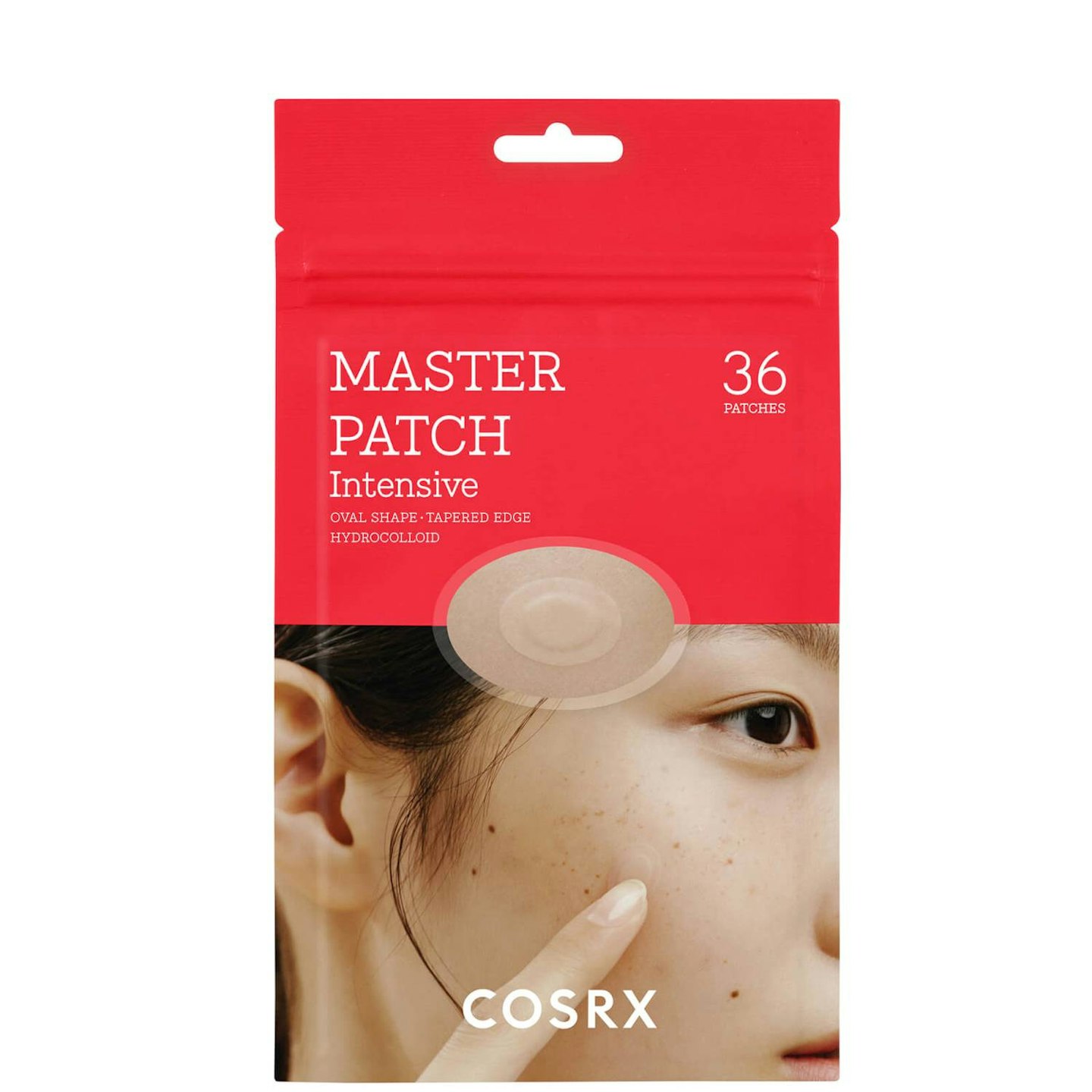
www.lookfantastic.com
Wear these zit-zapping patches overnight to reduce the appearance of redness, absorb excess oils and protect against the risk of picking. They are infused with tea tree oil to provide clarifying and skin-soothing effects.
Especially with milia, Dr Sommerlad advises against popping. “You may be causing more harm than good. There is a risk of scarring, infection and bleeding. It’s best to get these treated by a medically qualified professional in a sterile setting.”
Is there a fast way to get rid of whiteheads?
“For whiteheads caused by milia physical removal by a trained professional is the fastest method. For whiteheads caused by closed comedones, a medium-depth skin peel or using an energy-based device are short-term fast solutions. Longer term, the acne will need to be addressed using medication,” explains Dr Sommerlad.
For treating the occasional whitehead at home, skincare is your saviour.
